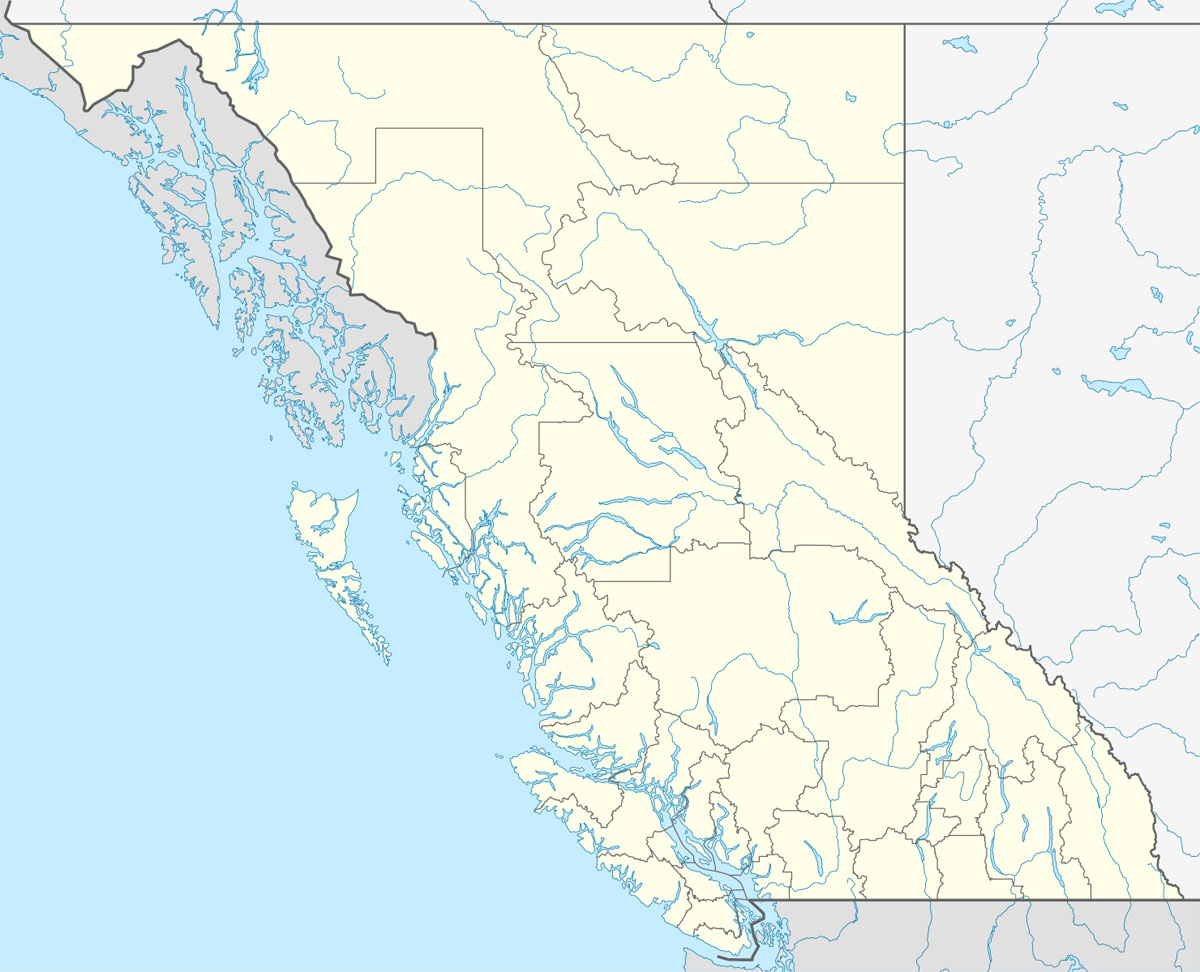On July 20, an opinion letter was published in the Abbotsford News. This letter proposes that the province of B.C. take on a new name; one that is more encompassing of its Indigenous history and less of its colonial history. The letter, written by Victoria resident Ben Pires, makes the case for this change as a demonstration of the province’s “solid confidence in ourselves as a province that is inclusive of all its residents, rather than clinging to coattails of British colonists.”
I was stunned reading this letter. Cognisantly, I knew that the name of the province, British Columbia, was inherently a colonial name. It’s literally the possessive British and then the name of a river, Columbia, derived from Christopher Columbus. It always read as a little odd to me, going back to when I was learning the different provinces, but I never thought to really interrogate why this was my province’s name. After reading this letter, I started to research.
The names of the Canadian provinces hold a couple of origins. There are provinces that get their name from Indigenous words and names that settlers adopted for the land, such as Quebec, Ontario, and Saskatchewan. There are the provinces that were named by different groups of settlers, like for Newfoundland and Nova Scotia. A few provinces hold names in honour of royalty: New Brunswick after King George III who held the title of Duke of Brunswick, Prince Edward Island after the Duke of Kent and Strathearn, and Alberta was named after Queen Victoria’s fourth daughter, Princess Louise Caroline Alberta.
B.C.’s naming history is fascinating. According to Natural Resources Canada, the southern part was called “Columbia” after the Columbia River, and the central region was named “New Caledonia” by explorer Simon Fraser. The name “British Columbia” was given by Queen Victoria in commemoration of its acquisition as a British colony in 1858, and to avoid confusion with the South American country, Colombia, and the island of New Caledonia in the Pacific Ocean.
The name just sort of stuck. While most people I know refer to it as B.C., the name is a very clear tie to the history of colonialism that for many years was the only history incorporated into school education. It reminds me of a sentiment a lot of my history teachers throughout school echoed: History is written by the victors. Those with enough power shape the narrative and place themselves at the centre of it.
For those who are baffled as to why the name of something is such a big deal, names are, however small or large, a thing of power. The name of something shows who had the power to name it and what their values are based on the name they give it. We can name things to show power or to take someone’s power away; they are a lot more important than one may think.
B.C.’s history and identity is a lot more than its colonialist history. It is the history of Indigenous people who have lived and flourished here for thousands of years. It is tied to the art, the land, and the plants that those of us who recognize their value try desperately to protect. It’s the history we are ashamed of. We must not forget our history. We cannot deny the injustice and forget that the history of our province goes a lot further back than the 1750s.
I am in favour of Pires’ call to B.C. changing its name to better reflect all of our history. I am hopeful that our history classes continue to move in the direction of highlighting history that has been so often erased while also touching on why it has been erased. I hope that this can be a first step toward that.


